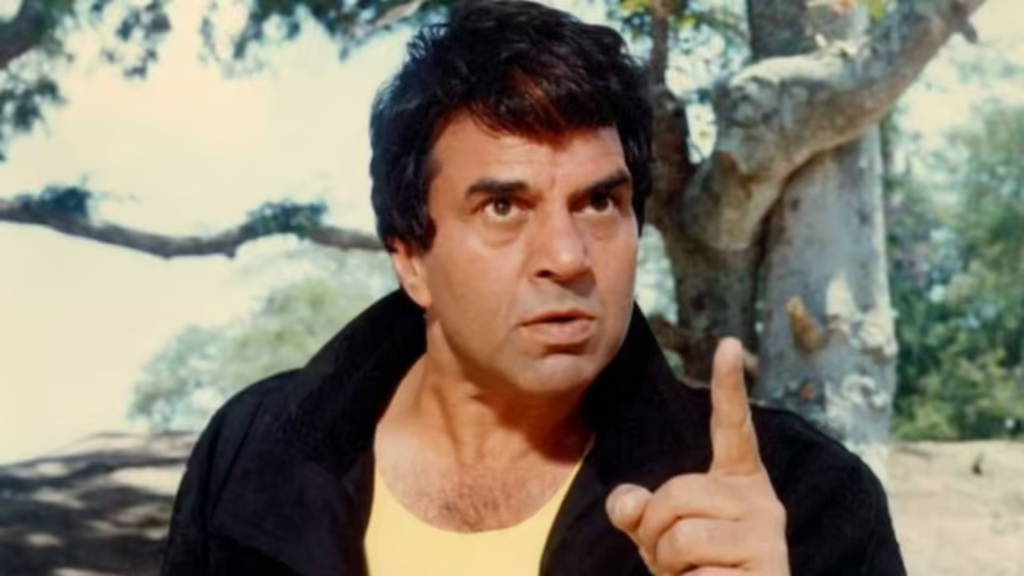Now Reading: Chandramukhi Controversy: Nayanthara’s Docu-Team Faces ₹5 Crore Lawsuit Over Alleged Copyright Violation
-
01
Chandramukhi Controversy: Nayanthara’s Docu-Team Faces ₹5 Crore Lawsuit Over Alleged Copyright Violation
Chandramukhi Controversy: Nayanthara’s Docu-Team Faces ₹5 Crore Lawsuit Over Alleged Copyright Violation

In a fresh legal twist to an already sensitive creative space, the makers of the iconic Chandramukhi have filed a ₹5 crore lawsuit against the documentary team associated with actress Nayanthara. The dispute reportedly stems from the alleged unauthorized use of film content and related material without acquiring proper rights.
What Sparked the Legal Action
The controversy began after the team behind Nayanthara’s documentary — said to explore her life and career — allegedly featured clips, themes, or references related to Chandramukhi, a Tamil horror-thriller in which she played a leading role.
The rights holders of Chandramukhi claim that these elements were included without prior permission, thereby infringing on their intellectual property. They are now demanding damages amounting to ₹5 crore.
Not the First Time
This isn’t the first time the Chandramukhi rights have been at the centre of legal action. Earlier, actor Dhanush’s film was also caught in a similar tangle with the rights holders. The repeated legal disputes highlight a growing trend in Indian cinema — where content reuse, digital retrospectives, and documentaries often find themselves in grey legal areas.
Why It Matters in Today’s Media Landscape
With the rise of OTT platforms and documentary-style storytelling, especially in Tier 2 cities like Kochi, Madurai, and Bhopal, the use of archival footage and references has become common. However, the legal framework surrounding these practices is still evolving in India.
As more creators look back on old films, character portrayals, and classic dialogues, production teams need to be cautious about copyrights — even when the intent is tribute, not profit.
Industry Reactions and Fan Buzz
While the legal proceedings are still underway, fans of both Chandramukhi and Nayanthara have taken to social media to share mixed opinions. Some feel the suit is justified to protect creative rights, while others believe it could discourage content creators from exploring film history.
The case has also reignited debates about the fine line between homage and infringement in an era where nostalgia sells.
Conclusion
The ₹5 crore lawsuit against Nayanthara’s documentary team underscores the importance of clear legal boundaries in content creation. As the Indian entertainment industry continues to expand into documentaries and retrospectives, especially across digital platforms, the need for proper permissions and transparent agreements becomes more crucial than ever — not just to avoid lawsuits, but to ensure fair creative practice.

























